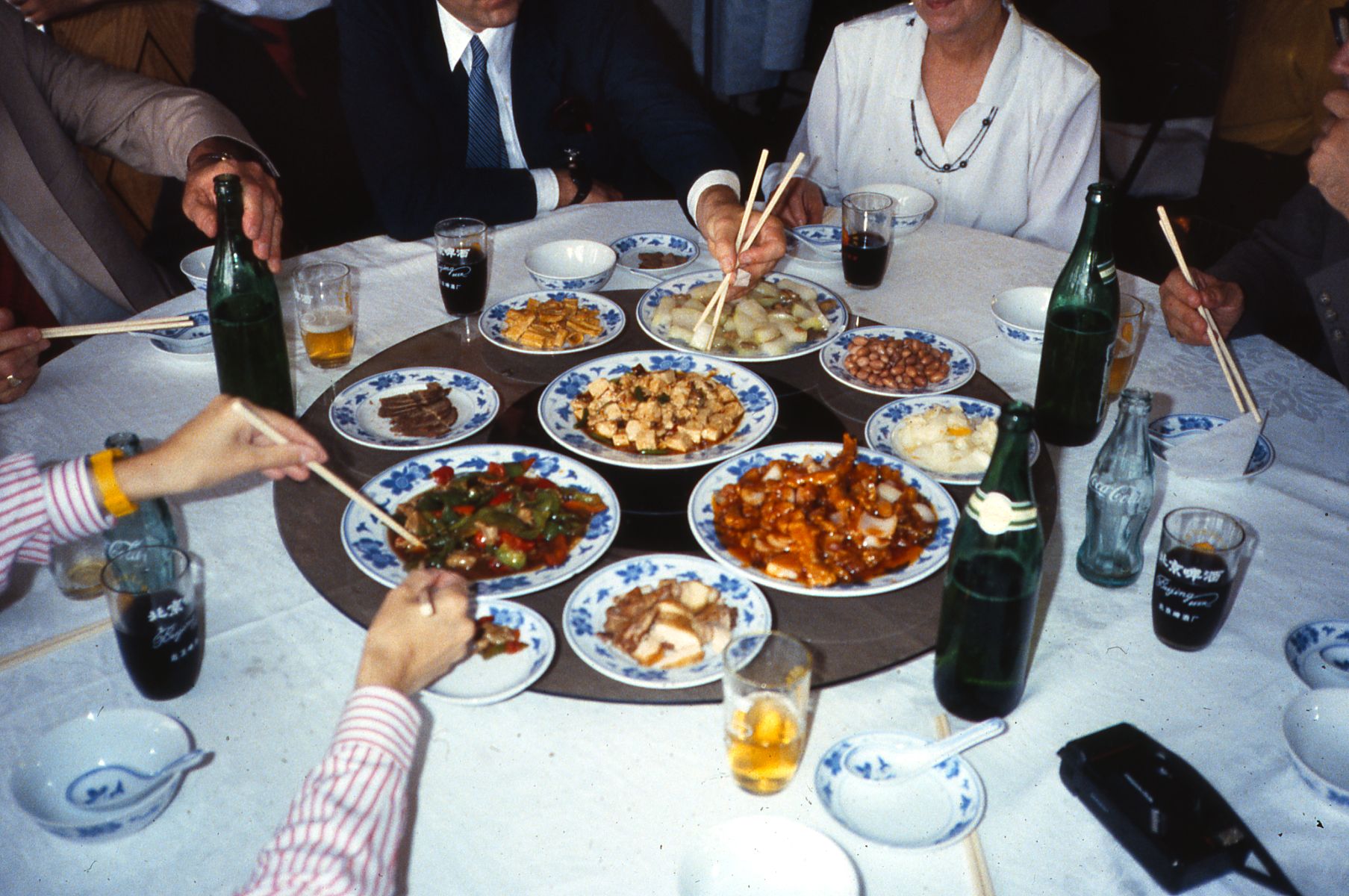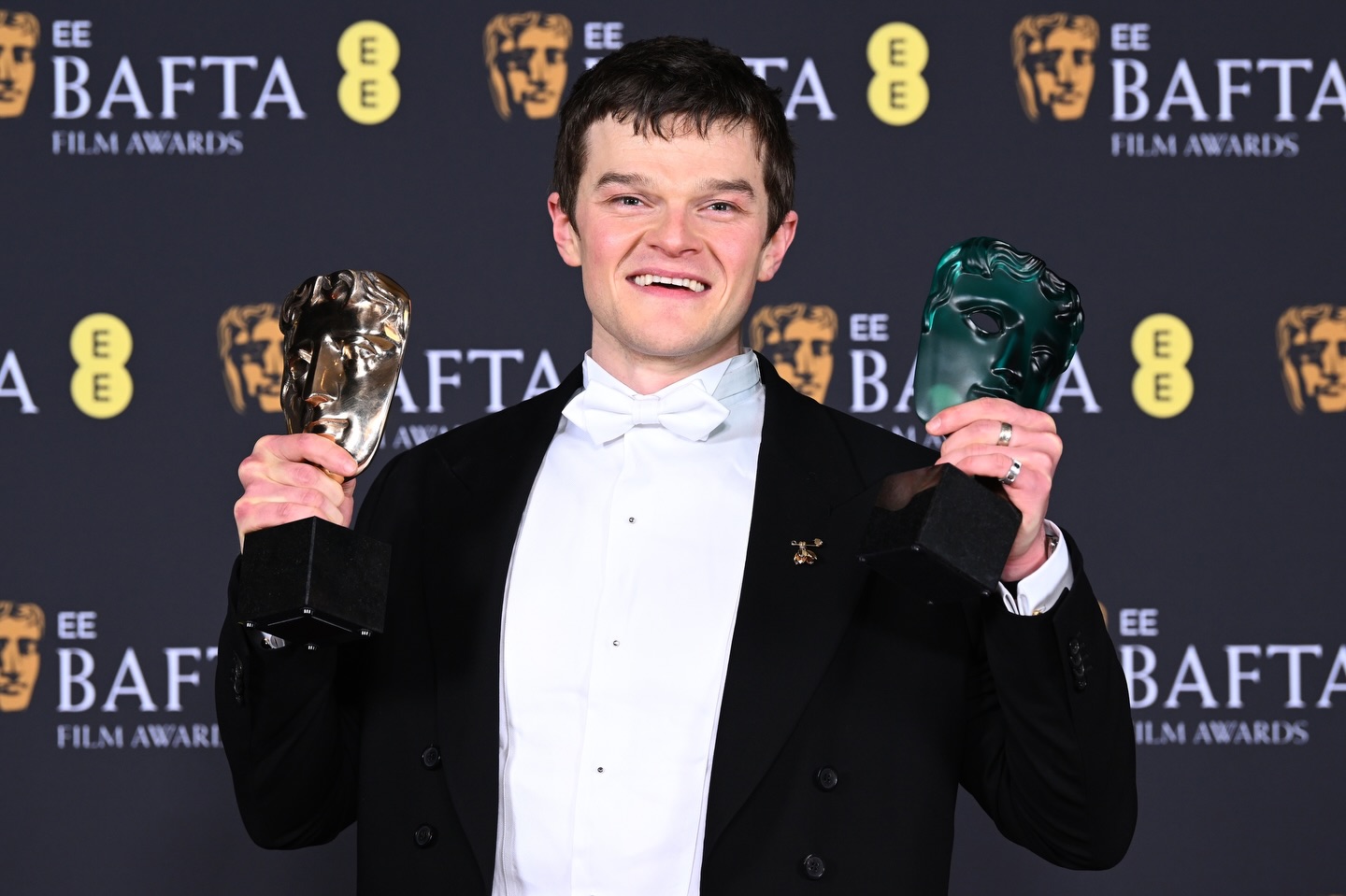Philip Yung takes his audience to some dark places in the award-winning Papa, but a sense of optimism persists, reflecting the way the filmmaker views the world
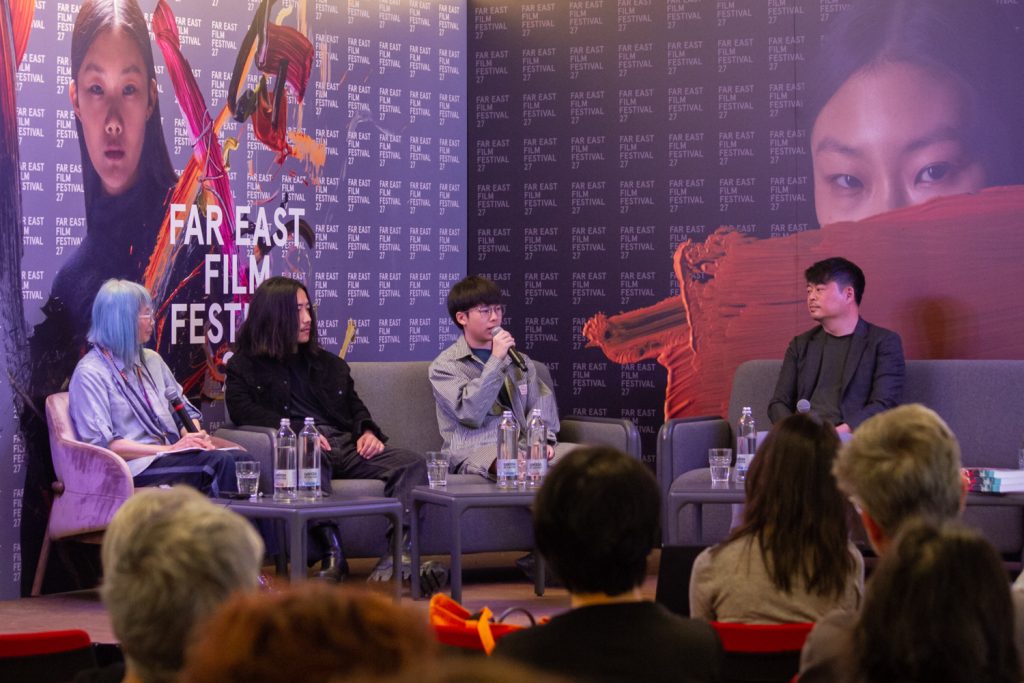
When we meet on the sidelines of this year’s Far East Film Festival – where Papa made its European premiere – it’s in a room that’s stifling and crowded, with Yung’s cast and crew fanning themselves desperately for air. But the director himself sits on the side of a couch, stoic and unmoving as he takes in the scene.
It’s when Yung starts to talk that his sense of hope is revealed – both for filmmaking and for the Hong Kong industry that he is representing here in northern Italy.
“I’m still filled with hope,” he says. “But we must move forward with care, creativity and open-mindedness. If we only use emotion, it would be insufficient. We need to have new perspectives to explore our themes and stories.”
Yung has forged a successful career combining screenwriting with directing on thrillers Port of Call (2015) and Where the Wind Blows (2023). In Papa he takes the audience back to Hong Kong in late July 2010, when the city was shocked by the double-murder of a 42-year-old woman and her 12-year-old daughter. The perpetrator? The woman’s 15-year-old son.
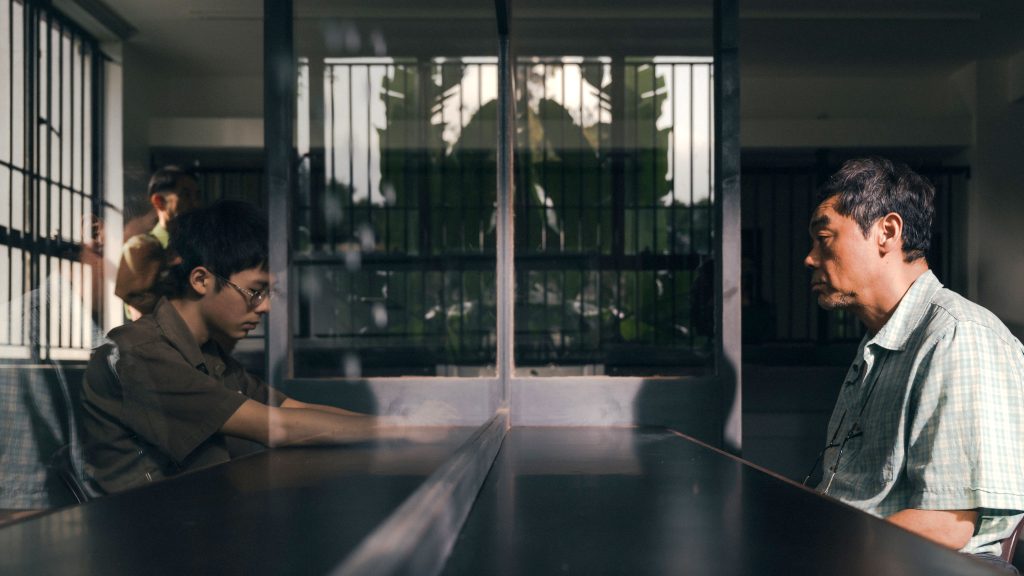
Sensational news coverage followed, focusing harshly on the father’s upbringing and on the son’s mental health issues and his apparent belief that he had to kill in order to cleanse the world of its environmental plagues.
It would have been easy for the filmmaker to tap into that sensationalism but what we get, instead, is a depth of characterisation that brings new perspectives to the case and even empathy for those whose lives were left shattered. The film picked up 11 nominations at this year’s Hong Kong Film Awards, including Best Actor for Sean Lau, as the father, and Best Newcomer for Dylan So, as the son.
Papa premiered in the main competition at the Tokyo International Film Festival last October before grossing an encouraging HK$23 million on release in Hong Kong in December.
On the sidelines of FEFF, Yung sat down to talk about putting Papa together, his career so far and about giving So his big break.
You were meant to be a screenwriter for the film, but later became its co-director. Was it difficult distinguishing between the two?
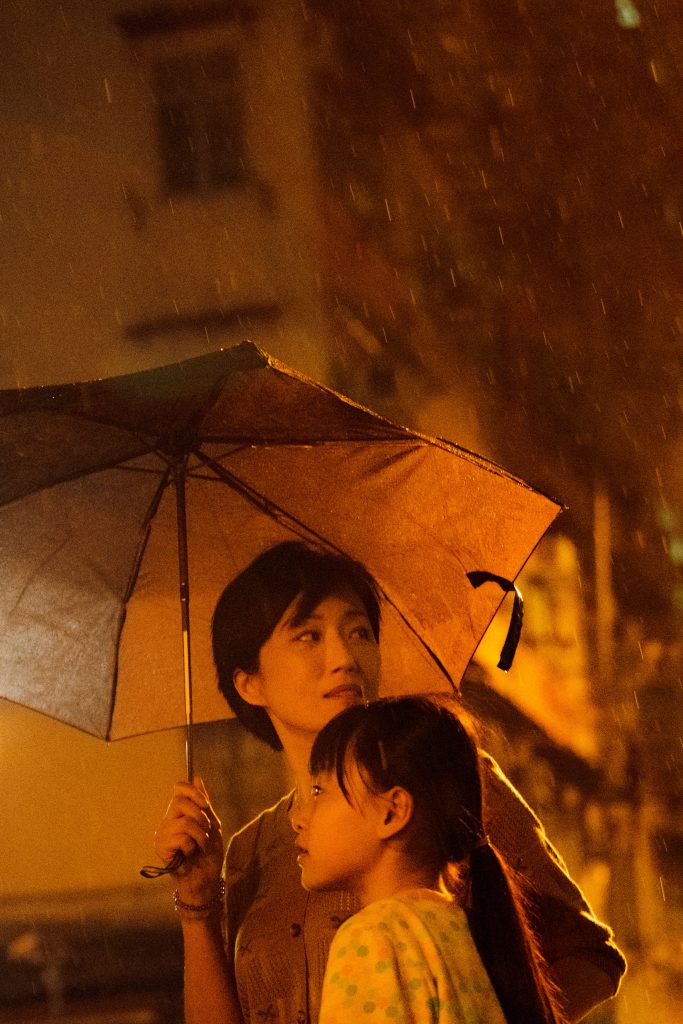
As a writer, I’m always imagining the shots, but that also limits my creativity and imagination in writing. Giving my work to other directors, I felt anxious. I cannot control how the camera and director would present the story. That said, while it is thrilling to imagine how I would have directed these screenplays, I like being surprised by others’ directing and being relieved of that heavy responsibility. I remember writing Rigor Mortis (2013) and director Juno Mak brought it to life brilliantly. I would not have done it as well as him.
During the writing process, a big question I often wonder is, ‘Why does the world need this film?’ For Papa, I felt a need to defend and protect some of the ideas I felt the film needed to address, and so co-directing then became a natural choice.
Given the real events that inspired this film, how did you separate fact from fiction as a writer?
I very rarely share what aspects are real or fake. But, in the writing process, it’s sometimes impossible to distinguish between the two. For example, in one scene, the father calls a sex worker to his house. Of course, this was not a real event and some people criticised me for portraying the father as such a person. But I felt that in the extraneous circumstances he was in, he needed warmth, even if it was from the wrong means. For the sake of expressing the characters’ emotions, I wanted to utilise fiction. Speaking to the real father, I felt his deep loneliness and longing for his wife and daughter, or the hopes and fears for his son. Thus, I needed to use different ways of expressing these feelings.
On the topic of writing, I understand that you started as a film critic. Can you talk about that journey?
I first entered the industry as an assistant director. I was just a small fry. As such, I was unsatisfied. I just felt like I was part of a technical crew dealing with menial tasks. At home, I used to take notes after watching films. Afterwards, I would just send these drafts to newspapers. Eventually, many of them found my writing decent and some of these publications continued asking me to write. I was initially surprised. I’m not a film school student and lack education qualifications! Consequently, I started to read more to improve my knowledge.
How did criticism impact your filmmaking?
Fundamentally, I’m a writer, whether of criticisms or screenplays, and writing is what I am proficient at. I do not like to order other people around. But eventually, I was asked to be a director. As a critic, you would think about the trends, what the world needs, the impact on an audience. I doubt directors or screenwriters think about this. For example, we are constantly thinking about contemporary Hong Kong cinema: whether it has more genres, business opportunities, excellence compared to other nations’ cinemas and its contribution to Hong Kong society. In the past decade, much has happened in Hong Kong, so how can we deal with this and allow cinema to respond to it? Cinema needs to reflect and express contemporary concerns. A critic would therefore provide a production person with more angles and considerations.
Dylan So’s performance as Ming, the son, also propelled him into stardom. What drew you to him?
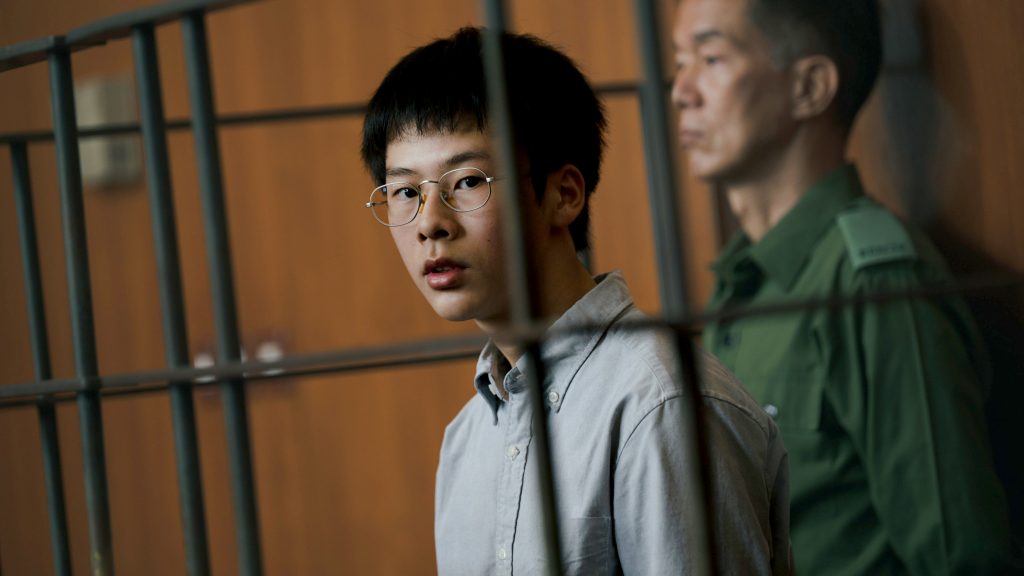
We were desperately trying to find options. My assistant director showed me many options, but these actors were all from performance schools and had some experience. They brought along their own opinionated biases. Feeling like they were inadequate, my assistant director asked if I wanted a non-actor. I realised that’s what I wanted. That was during Lunar New Year, and when I had a reunion dinner with a colleague, I saw a photo of Dylan and thought he was perfect: his skin was light, he felt clean and he has a set of bright eyes. He’s one of my colleagues’ sons. I asked him to come in for a conversation and to try some scenes. I found his way of listening very diligent, and devoid of a need to quickly provide judgment. This made the director-actor relationship easier, like strangers in conversation. This brought a directness and honesty to the acting, without a need to utilise any techniques.
I understand you’re a cat person. Did you consciously write your cat Xiaohua into Papa?
When writing the script, I was always alone in my office. The cat was always by my side, as though it was in conversation with me. Subconsciously, I wrote it into the script. It became a way to simplify and express the father character’s loneliness, after the death of his wife and daughter, and the imprisonment of his son. I think cats represent something missing in ourselves. As is said in Buddhism, people have 貪嗔痴 (three poisons). There is unwholesome greed, hatred and ignorance within us. But cats are simple and clean. Looking at my cats, I feel so calm.
Also see: #review: Is Fantastic Four or Superman the better superhero film?





